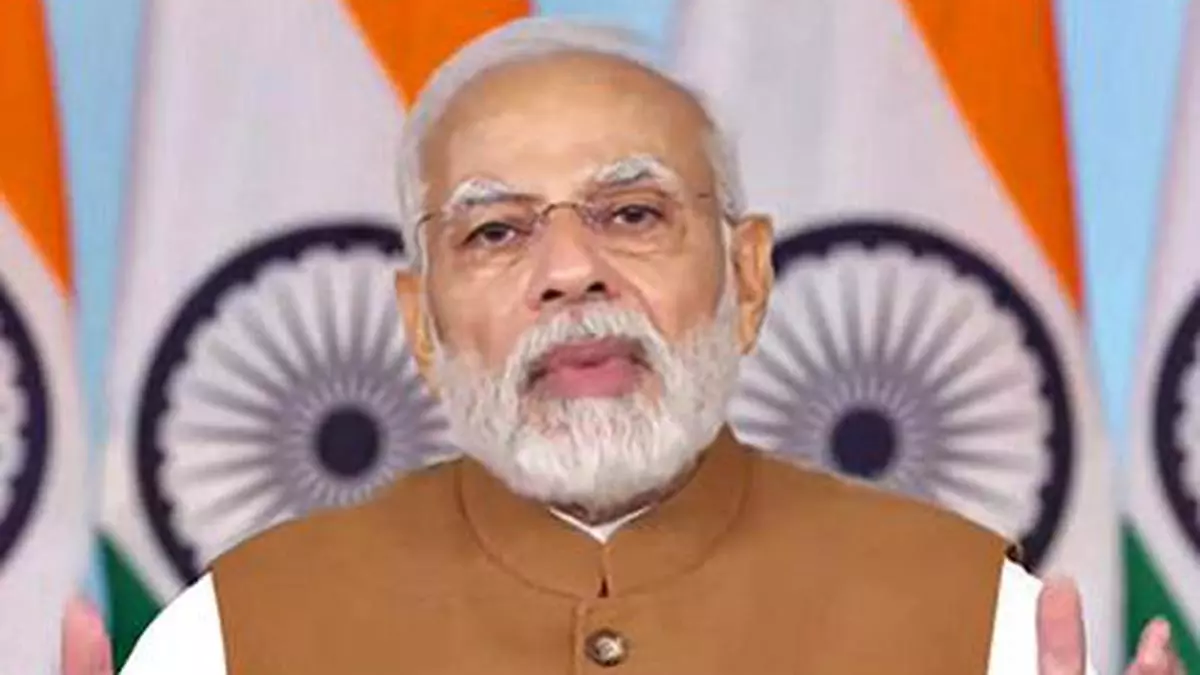PM calls for collective effort to ensure global food security
Prime Minister Narendra Modi asked the G20 countries to adopt millet as a favorite food.
It has been cultivated for thousands of years. But markets and marketing have so influenced our choices that we have forgotten the value of conventionally grown food crops. Let’s embrace shri anna militas as the food of our choice,” he said.
“these superfoods Not only are they healthy to consume, but they also help increase our farmers’ income by using less water, needing less fertilizer, and being more pest resistant.
Addressing the G20 Agriculture Ministers meeting on Friday, the Prime Minister said that India’s agriculture policy is an amalgamation of ‘Back to Basics’ and ‘March to the Future’ strategies.
Pointing out that agriculture provides a livelihood to more than 250 crore people in the world, he said that the primary sector contributes 30 per cent to the GDP of developing countries.
The three-day G20 meeting, which began in Hyderabad on Thursday, is working on two concrete outcomes – the Deccan High Level Principles on Food Security and Nutrition and the Maharishi’s Initiative for Millet and Other Grains.
Also read: The G20 meeting of chief agricultural scientists begins with a focus on food security
food security
And when he asked G20 countries to deliberate on how to take collective action to achieve global food security, he felt there was a need to find ways to build sustainable and inclusive food systems, centered on marginalized farmers.
Besides finding ways to strengthen global fertilizer supply chains, the world needed to adopt agricultural practices to improve soil health, crop health, and yields.
Traditional practices from around the world may inspire us to develop alternatives to regenerative agriculture. We need to empower our farmers with innovation and digital technology.”
Calling for efforts to provide affordable solutions to small and marginal farmers in the global south (developing and poor countries), he said there was an urgent need to reduce agricultural and food waste, and instead invest in creating wealth from waste.
Also read: The government is targeting to buy 7.5 liters of millet, with Karnataka contributing 6 liters
challenges
Today, this sector faces many challenges. Supply chain disruptions caused by the pandemic have been exacerbated by the impact of geopolitical tensions. Climate change causes extreme weather events to occur more frequently. The Global South feels these challenges the most.
“We encourage natural farming as well as technology based farming. Farmers all over India have started natural farming now. They do not use synthetic fertilizers or pesticides,” he said.
He said their focus has been on revitalizing Mother Earth, protecting soil health, producing “for every drop, more yield,” and promoting organic fertilizer and pest management solutions.
